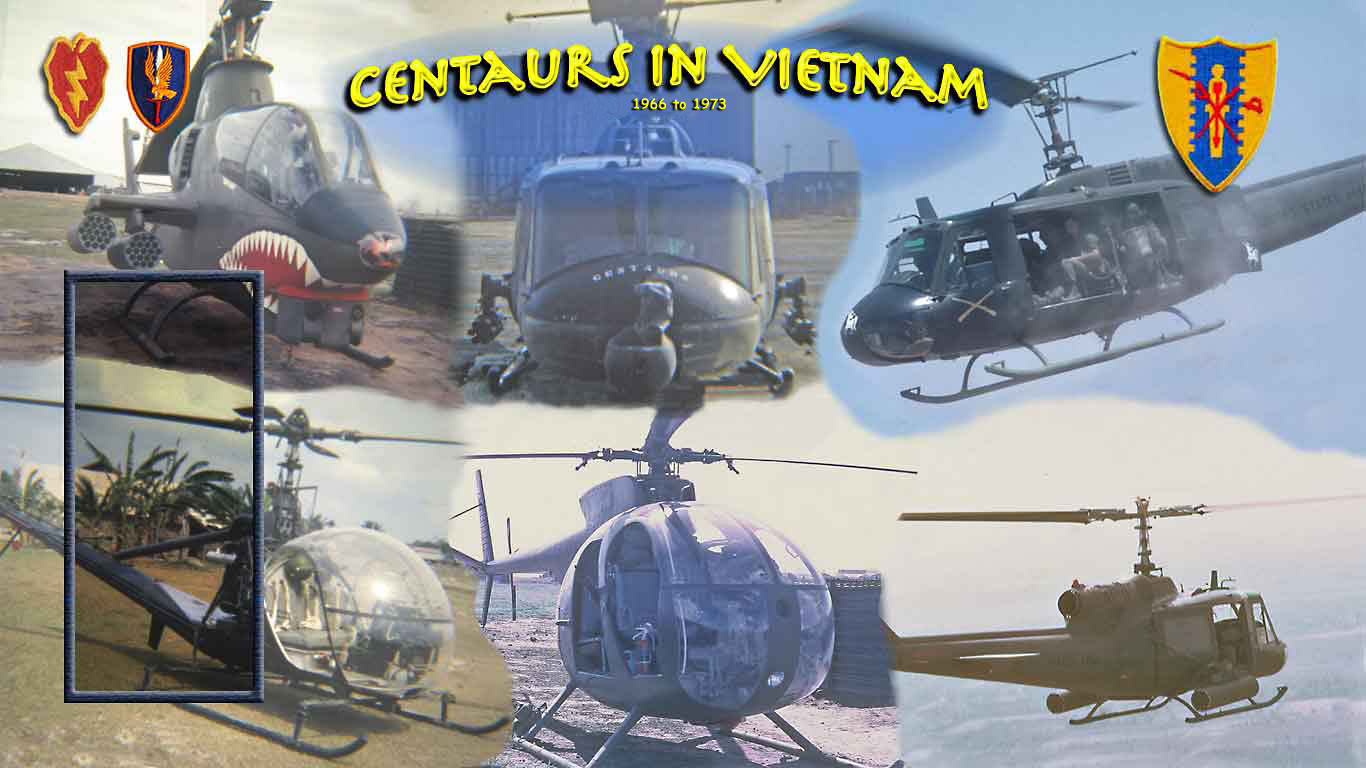
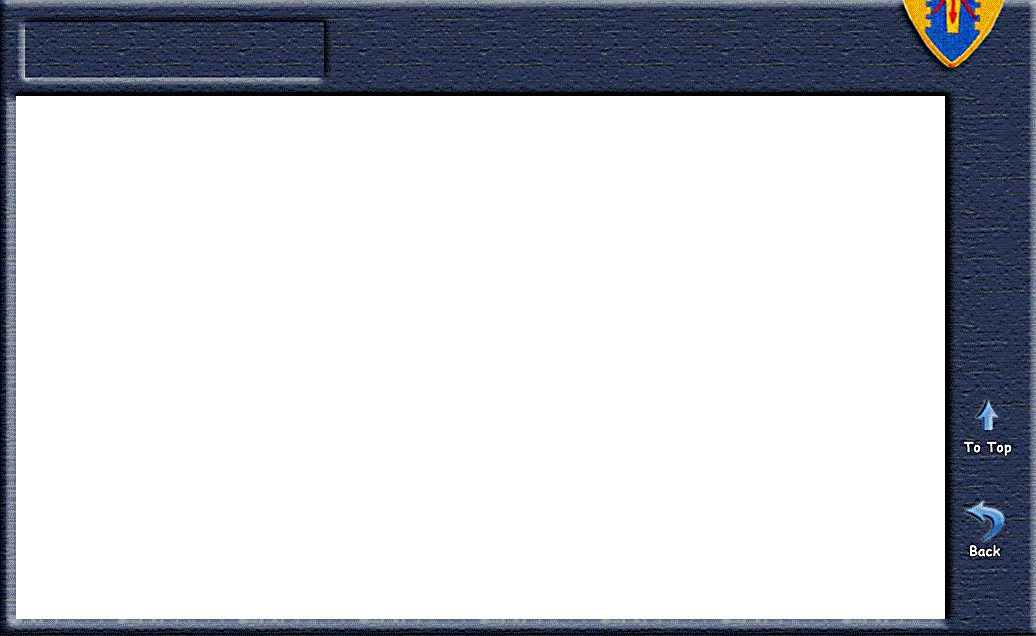
Info Sheet - Robert Silber McGowan- Deceased
Squadron Commander, 3/4 Cav, 25th Inf Div, Nov 68 to Aug 69
“Command of the 3/4 Cav was the highlight of my military career.”
DSC Award Citation, West Point Article, His wife's Eulogy , Comments
.....................................................................................................................................................................................................
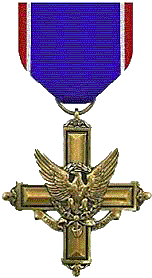 The President of the United States of America takes pleasure in presenting the Distinguished Service Cross to Lieutenant Colonel (Armor) Robert Silber McGowan, United States Army, for extraordinary heroism in connection with military operations involving conflict with an armed hostile force in the Republic of Vietnam, while serving with Headquarters and Headquarters Company, 3d Squadron, 4th Cavalry, 25th Infantry Division. Lieutenant Colonel McGowan distinguished himself by exceptionally valorous actions on 2 March 1969 while serving as commander of a squadron conducting a reconnaissance-in-force mission in the southern portion of the Bo Loi Woods. When his squadron came under intense enemy assault and one of the troop commanders was wounded, Lieutenant Colonel McGowan directed his pilot to land amid hostile fire. He then organized the unit and, when several of the armored personnel carriers sustained direct hits from rocket grenades, carried a stretcher through the bullet-swept area to aid the wounded. To recover the body of a soldier, he raced through the enemy fusillade, passing within ten meters of an active enemy position. After assisting in the casualty evacuation, he guided several vehicles into strategic fighting positions. Returning to his helicopter, he went aloft to lead the ground assault. At one point, while armed only with a .45 caliber pistol, he charged a bunker and killed the occupant. He continued in his heroic manner until the communists were defeated. Lieutenant Colonel McGowan's extraordinary heroism and devotion to duty were in keeping with the highest traditions of the military service and reflect great credit upon himself, his unit, and the United States Army.
The President of the United States of America takes pleasure in presenting the Distinguished Service Cross to Lieutenant Colonel (Armor) Robert Silber McGowan, United States Army, for extraordinary heroism in connection with military operations involving conflict with an armed hostile force in the Republic of Vietnam, while serving with Headquarters and Headquarters Company, 3d Squadron, 4th Cavalry, 25th Infantry Division. Lieutenant Colonel McGowan distinguished himself by exceptionally valorous actions on 2 March 1969 while serving as commander of a squadron conducting a reconnaissance-in-force mission in the southern portion of the Bo Loi Woods. When his squadron came under intense enemy assault and one of the troop commanders was wounded, Lieutenant Colonel McGowan directed his pilot to land amid hostile fire. He then organized the unit and, when several of the armored personnel carriers sustained direct hits from rocket grenades, carried a stretcher through the bullet-swept area to aid the wounded. To recover the body of a soldier, he raced through the enemy fusillade, passing within ten meters of an active enemy position. After assisting in the casualty evacuation, he guided several vehicles into strategic fighting positions. Returning to his helicopter, he went aloft to lead the ground assault. At one point, while armed only with a .45 caliber pistol, he charged a bunker and killed the occupant. He continued in his heroic manner until the communists were defeated. Lieutenant Colonel McGowan's extraordinary heroism and devotion to duty were in keeping with the highest traditions of the military service and reflect great credit upon himself, his unit, and the United States Army.
General Orders: Headquarters, U.S. Army, Vietnam, General Orders No. 2282 (June 27, 1969)
.......................................................................................................................................................................
“Memorial Article and photo reprinted with permission of West Point Association of Graduates.
(TAPS magazine - Memorial Articles for West Point graduates)
http://apps.westpointaog.org/Memorials/Article/18682
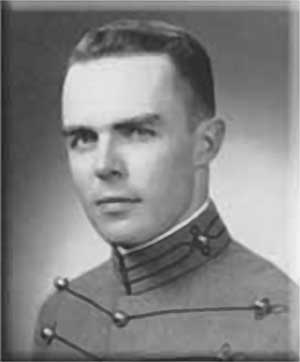
Robert S. McGowan - 1952
Cullum No. 18682 • Feb 4, 2001 • Died in Jackson, MS
Interred in Arlington National Cemetery, Arlington, VA
Robert Silber McGowan was born in Orange County, NJ, to Donald W. and Helen McGowan. From early on, Bob had an interest in the military. His father was a career officer in the National Guard and had been a West Point cadet for a brief period. He served in both World Wars, with regimental command in World War II and later as commander, 50th Armored Division and chief of the National Guard Bureau. Thus, Bob’s acceptance to West Point was exuberantly received. His brother Jay recalled, “[Bob] jumped onto the sofa and all over the room.” From that moment on, Bob’s military career was his paramount interest, one that ultimately led him to be the most decorated officer in his West Point class.
As a cadet, Bob sang in the choir and Glee Club, played Plebe football and hockey, and was a key performer in the 100th Nite Show. In sports, he was a tough competitor. He loved to laugh and was even amused by the indignities inflicted on him by upperclassmen. He delighted in his weekend dates and the fun of discussing their attributes in Russian with his roommate while the ladies wondered what was being said. He worked hard on academics and, following in his father’s footsteps, chose the Armor branch.
Before reporting to his first duty station, Bob married Florence Thompson. They had two children, Scott and Bonny Victoria. Bob delayed his honeymoon to accompany his father on field exercises and, several months later, was assigned to Korea. He arrived just before the July 27 armistice, in time to see combat action and earn a Bronze Star. From there, he was assigned to the Military Attache in Yugoslavia and subsequently attended the Armor Advanced Course at Ft. Knox. He earned his master’s degree in geography from Columbia University and then taught military topography and graphics at West Point. Daughter Bonny recalled, “[He] was fun, and funny, intelligent and kind...a kid at heart, [he] never lost that playful quality. My brother and I adored him.”
In 1963, Bob went to Viet Nam as advisor to the Civil Guard in Long Binh province, was twice wounded, and received the Bronze Star for Valor. Upon returning to the US, Bob met and married his second wife, Barbara Ann Davis. Together they had two sons, Robert and Todd.
In 1968, Bob returned to Viet Nam as a lieutenant colonel to command the 3d Squadron, 4th Cavalry, 25th Infantry Division. He led 850 men, tanks, armored cavalry assault vehicles, and an Air Cavalry troop into battle in the Cu Chi-Tay Ninh area. The squadron was continuously in the field, locating and engaging the enemy, and Bob and his sergeant major were always among the most exposed. On 2 Mar 1969, one of his troops came under heavy fire, and Bob lost contact with the wounded troop commander. Bob had his command helicopter land, organized the unit, recovered the wounded, and directed the assault from the ground. Bob was “continually at the front of the line, destroying bunkers with grenades and engaging enemy troops with nothing more than his pistol.” He received the nation’s second highest award for heroism, the Distinguished Service Cross. He also was awarded four Silver Stars, two Distinguished Flying Crosses, five Bronze Stars for Valor, the Legion of Merit and a third Purple Heart. Bob said, “command of the 3/4 Cav was the highlight of my military career.”
In 1971, he attended the Army War College and returned to Viet Nam as chief advisor, Quang Nghi Province. In 1972, he commanded the 194th Armored Brigade at Ft. Knox and then was an Army Fellow at the State Department Senior Seminar in Foreign Policy. Finally, he served as Chief of Staff, 2d Armored Division, at Ft. Hood. In 1978, he retired from active duty.
After a civilian tour on NATO staff in Brussels, he resided in northern Virginia, “milled around the beltway and dabbled in real estate.” That all changed in 1992 when he moved to Jackson, MS, and married Deirdre Sabine Janney, widow of former Viet Nam comrade, CPT John Shaw Sabine, IV. Bob first met Deirdre at Ft. Sill, OK. John and Deirdre asked Bob to be godfather to their son John Sabine, V. Tragically, in 1966, John was killed in action in Viet Nam, and Bob stayed in close contact with his godson during the ensuing years. Years later, when Bob and Deirdre both had lost their spouses, they met again and fell deeply in love.
Deirdre, a lovely and remarkable woman, enhanced Bob’s desire to help people, urging him to care for those afflicted with AIDS or HIV at a time when most shunned them. He became director of Grace House, where those with AIDS could live with dignity. With volunteers’ help, he cared for 35 residents. To counter the widespread negativity toward people with AIDS or HIV, he wrote articles and appeared on television with messages of concern, caring, and treatment to all citizens. In 1996, he received the American Institute for Public Service’s Jefferson Award for his contributions to his community. In 1998, he was honored as the Mississippi Director of the Outstanding Social Service Organization.
By 2000, Bob raised money for a second Grace House for women and children. It opened in January 2001, a month before Bob died unexpectedly from pneumonia. Three months after his death, Deirdre accepted the 2001 Distinguished Alumnus Award from the Alumni Association of the U.S. Army War College for Bob’s service to his community and to the nation.
Bob lived with joyful exuberance, committed to accomplishing his assigned missions and those of his own. He loved the challenges and opportunities of service. He was a gallant soldier, helper of men, loving father and husband, and the finest example of the kind of man West Point strives to produce.
Family and classmates
..........................................................................................................................................................................
Major Jerry Headley: (B Trp 3/4 Cavalry, who served with Col. McGowan)
COL Mac was more than a commander to many of us. I recall one night, Dec 22, 1968. We (B Troop) were lagered at Trang Bang and got word that an Infantry unit (the Wolfhounds, I think) was in trouble in back of An Duc. He ordered 2 platoons (1st & 3rd) to their aid. One hell of a fight. Lasted into the a.m. I brought one of the KIAs back on my track. When we got back to the FSB, COL Mac called me over to his tent. Pulled out a flask and told me to take a drink. I gladly did. He never offered me another drink though.
I think of him often and miss him.
Col Mike Jackson (B & C Trps 3/4 Cavalry who served with Col. McGowan)
Col Mac sent me the photo where I was briefing MG Williamson shortly after it was taken along with a hand written note. The note was titled "young man on the spot". (haven't found the note yet but I kept it and will find it). I apparently was briefing the CG on a large cache of rice, etc that we had found buried the day before. We learned that the NVA had use locals and their ox carts to haul the stuff up from the river to the "country store" area and buried it. Jackson's response was to gather up the carts (several) line them up in column and had a Sheridan run over them. Apparently the CG was listening intently to my description of that effort. Wasn't exactly a good example of wining the hearts and minds of the locals.
Col Mac was my hero, mentor and good friend. I miss him and will not forget the kind of man and friend that he was to all of us who had the privilege of serving under his command,
Sgt David Olsen (A Trp 3/4 Cavalry, who served with Col. McGowan)
I only spoke to LTC McGowan one time. He had landed his helicopter and a few of us new guys were standing around an enemy bunker hole and he asked us if anybody had checked out that hole. We said no and he pulled out his side arm and went down in it. We all looked at each other stunned. As he came out he said something to the effect that well there is nobody in there it is clear and then he walked away to go talk with the troop commander or platoon leader. It was very reassuring to see him do that as we were all afraid to go in and that is why we were standing around the entrance. Looking back now I am sure he knew that it would be empty but it was one of those things that you never forget: seeing a Colonel do something like that. It gave us more confidence and was a good lesson on how you lead by example.
PFC Steve Turner (A Trp 3/4 Cavalry who served with Col. McGowan)
I remember when Col Mac's chopper was shot down in the middle of our perimeter on Nov. 30, 1968 in the HoBo Woods and after jumping in the clear, he talked like it was a fender bender in a mall parking lot.
He truly was a man's man, and an awesome trooper.
LTC Mel Moss (A Trp 3/4 Cavalry who served with Col. McGowan)
My memories of Col Mac are overwhelming and too numerous for this site. But some significant ones begin with Nov 30, 68, when the Colonel’s Huey burst into a fireball just feet above the logger and there was a pause in time till John Moore announced, “They’re all out, they’re OK.” On Nov 1, 68, I heard a stern voice behind me telling me to get my officers’ blouses on and to never let him see that again. Later the same day, his question, “Did you give that Sergeant an Article 15 yet?” To Jan 17, 69, when he finally said, “Just be quiet and get your gear, I am coming in for you now…no more talk as you are out of the jungle!”
2LT John Evans: (D Troop): In November 69 or thereabouts LTC Robert McGowan promoted me to 2nd Lieutenant (from Warrent Offier). He was the most charismatic and professional commander I ever served under. He knew his stuff and respected his troops.
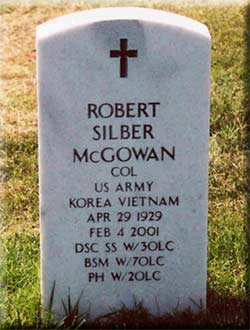
A special memory came to mind the day Jerry Headley, Mike Jackson, many others and I gathered at Arlington Cemetery to bid farewell to our dearly departed comrade. After Jerry introduced Col McGowan’s son to all of us, his son related that while spending a summer with his Dad, he came across a foot locker containing his Dad’s many VN citations and was amazed at the actions of his father. I told his son the citations were absolutely indicative of how incredible his father had been. However, what the citations did not address was during the worst of times the impact of the Colonel's voice over the radio saying " Roger that my friend, or OK my friend this is what I want you to do".
That cold, dreary day we buried Colonel Robert S McGowan (USA Retired) was a very sad day for all of us who had the privilege to serve with him.
...........................................................................................................................................................................